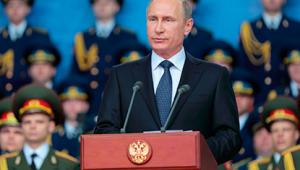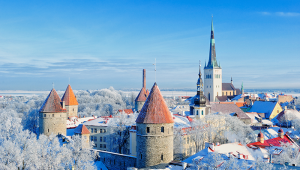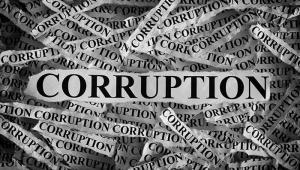The bills, which are subject to president Vladimir Putin’s signature before becoming law, received widespread support in the upper house on Wednesday, just days after thousands of people took to the streets over tightening internet restrictions.
One bill proposes fining people up to $1,525 for showing “blatant disrespect” online for the state, authorities, public, the Russian flag or the constitution.
Repeat offenders could be jailed for up to 15 days, Reuters reported.
The second draft law would give the government authorities the power to block websites which fail to comply with requests to remove information that the state has said is factually inaccurate.
People could be fined up to $6,100 for sharing fake news and information online, because it leads to a “mass violation of public order”, according to the bills.
Lawmakers and one of the authors of the laws Andrei Klishas said false reports should be “screened by the law”.
The country’s human rights council and journalists and rights activists have called on the upper house to reject the law.
The Kremlin has denied the legislation amounts to censorship.
Kremlin spokesman Dmitry Peskov said: “What’s more, this sphere of fake news, insulting and so on, is regulated fairly harshly in many countries of the world including Europe. It is therefore of course necessary to do it in our country too.”







